Alpha Lipoic Acid (ALA) 99% – Antioxidant, Liver Health, Skin
€23.85 – €69.90
Alpha Lipoic Acid (ALA, Thioctic Acid) is a naturally occurring fatty acid and a powerful antioxidant. It supports cellular energy production, liver function, nerve function, and skin health. The universal antioxidant has the ability to help neutralize both the water- and fat-soluble cell damage by free radicals.
- Description
- Additional information
- Reviews (0)
Description
Description
Alpha Lipoic Acid (ALA) 99%, also called thioctic acid, is a naturally occurring fatty acid found in many plants and in animals. It is found particularly in seeds and nuts, such as flaxseed, walnuts, hemp, chia, and the extracted vegetable oils. ALA serves vital functions at the cellular level, such as energy production.
ALA is often used to boost liver health, including chronic hepatitis, liver coma, fatty liver and cirrhosis. It also helps to revitalize the underlying structure of the skin so it can look healthier and more radiant. It is sometimes called universal antioxidant for the ability to help neutralize both the water-soluble and fat-soluble cell-damaging free radicals.
As a coenzyme, alpha lipoic acid (ALA) is one of the most powerful antioxidants. This is partly because it is soluble in both water and fat, so it crucial for cell membrane functions and to help fight off cellular damage by free radicals. The lipid also supports the regeneration of glutathione, the vitamins C, E, and Coenzyme Q10. Finally, it may help your to body control blood sugar levels and improve the cholesterol level.
Cellular Energy
ALA plays a crucial role in mitochondrial function, the energy-producing structures within cells. It is involved in key metabolic pathways, including the Krebs cycle, where it helps convert nutrients into energy (ATP). Supplementing with alpha lipoic acid may enhance cellular energy production, contributing to improved overall energy levels.
Blood Sugar
Research suggests that ALA may have benefits for individuals with diabetes or insulin resistance. It can enhance insulin sensitivity, improve glucose uptake, and help regulate blood sugar levels. The ability to modulate insulin signaling makes it a valuable supplement for those managing diabetes or at risk of developing the condition.
Neuroprotective
Alpha lipoic acid has been studied for its neuroprotective properties. It may help protect nerve cells from oxidative damage, making it a potential adjunct in the prevention or management of neurodegenerative conditions such as age-related cognitive decline.
Antioxidant
The acid is a powerful antioxidant that neutralizes free radicals in the body. Its unique feature is its ability to function in both water-soluble and fat-soluble environments, making it effective in various cellular compartments. ALA’s antioxidant activity helps protect cells from oxidative stress, which is linked to aging and various chronic diseases.
Anti-Inflammatory
Alpha lipoic acid (ALA) exhibits anti-inflammatory properties by modulating various inflammatory pathways. Chronic inflammation is implicated in the development of several health conditions, including cardiovascular diseases, arthritis, and autoimmune disorders. The anti-inflammatory effects contribute to its overall health benefits.
Cardiovascular Effect
Lipoic acid may have cardiovascular benefits, including the potential to improve blood vessel function and reduce oxidative stress in the cardiovascular system. It may contribute to the prevention of heart-related conditions such as atherosclerosis and hypertension.
Weight
Some studies find that ALA may aid in weight management. It can influence metabolic processes, including the breakdown of carbohydrates and the utilization of stored fat for energy. Its role in energy metabolism makes it a subject of interest for those seeking support in weight loss efforts.
Liver
The supplement has been investigated for its hepatoprotective effects. It may help protect the liver from damage caused by toxins and oxidative stress. ALA’s ability to support liver health is particularly relevant for individuals with liver conditions or those exposed to environmental toxins.
Skin Health
The antioxidant properties contribute to its potential benefits for skin health. It may help protect the skin from UV-induced damage, reduce oxidative stress, and promote a more youthful appearance.
Eyes
Some research indicate that alpha lipoic acid may have a role in preventing cataracts, a condition characterized by clouding of the lens in the eye. The antioxidant properties may help protect the lens from oxidative damage.
Suggested use
The suggested daily dose is 500 mg – 1,500 mg daily.
Ingredients
Alpha Lipoic (ALA) 99% (Thioctic Acid).
Disclaimer
The various effects are not guaranteed and results may vary due to several factors between different people.
We strive to ensure the accuracy of the information provided by the manufacturers and recommend that you read all labels and warnings. However, the information is not a substitute for, nor does it replace, professional medical advice, diagnosis, or treatment.


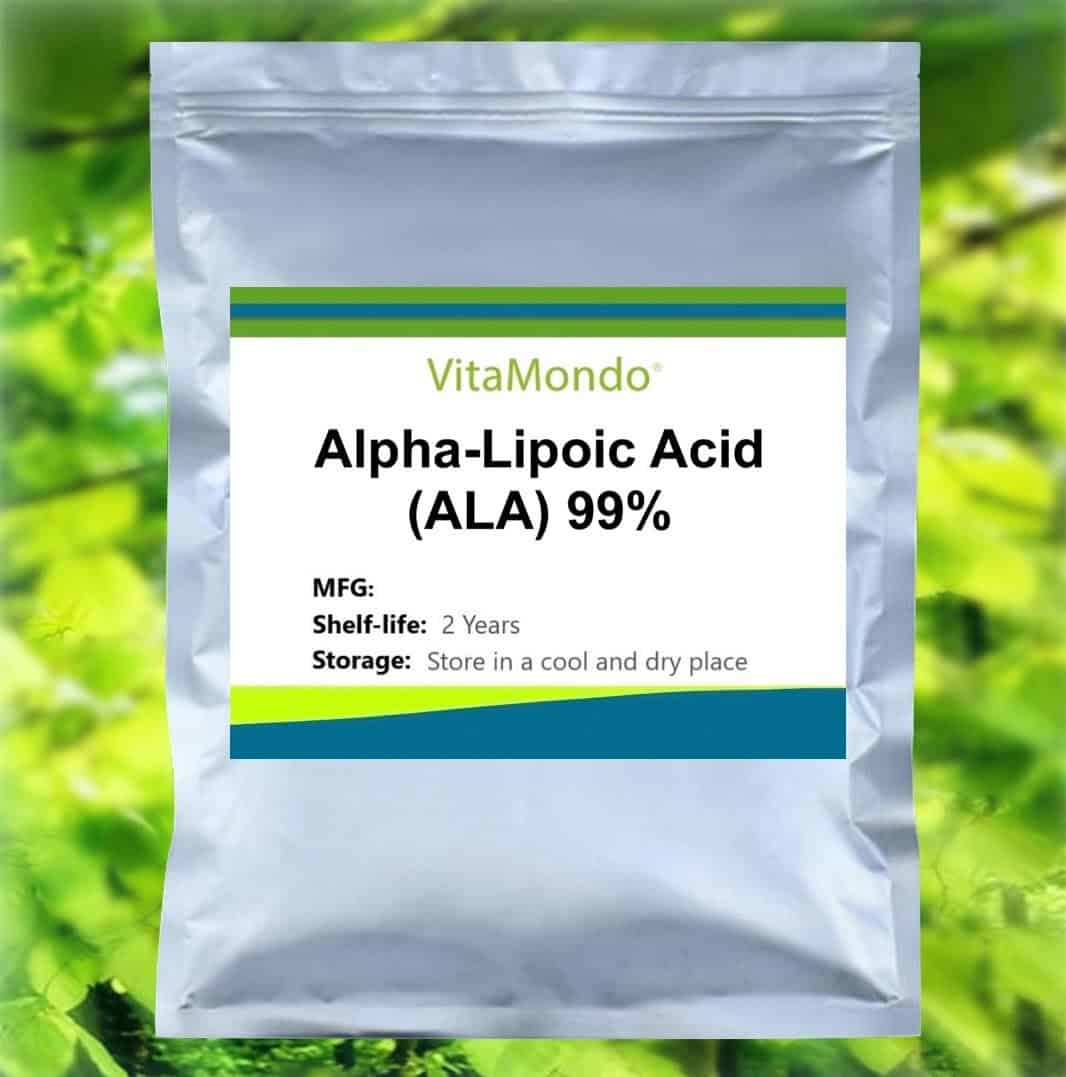
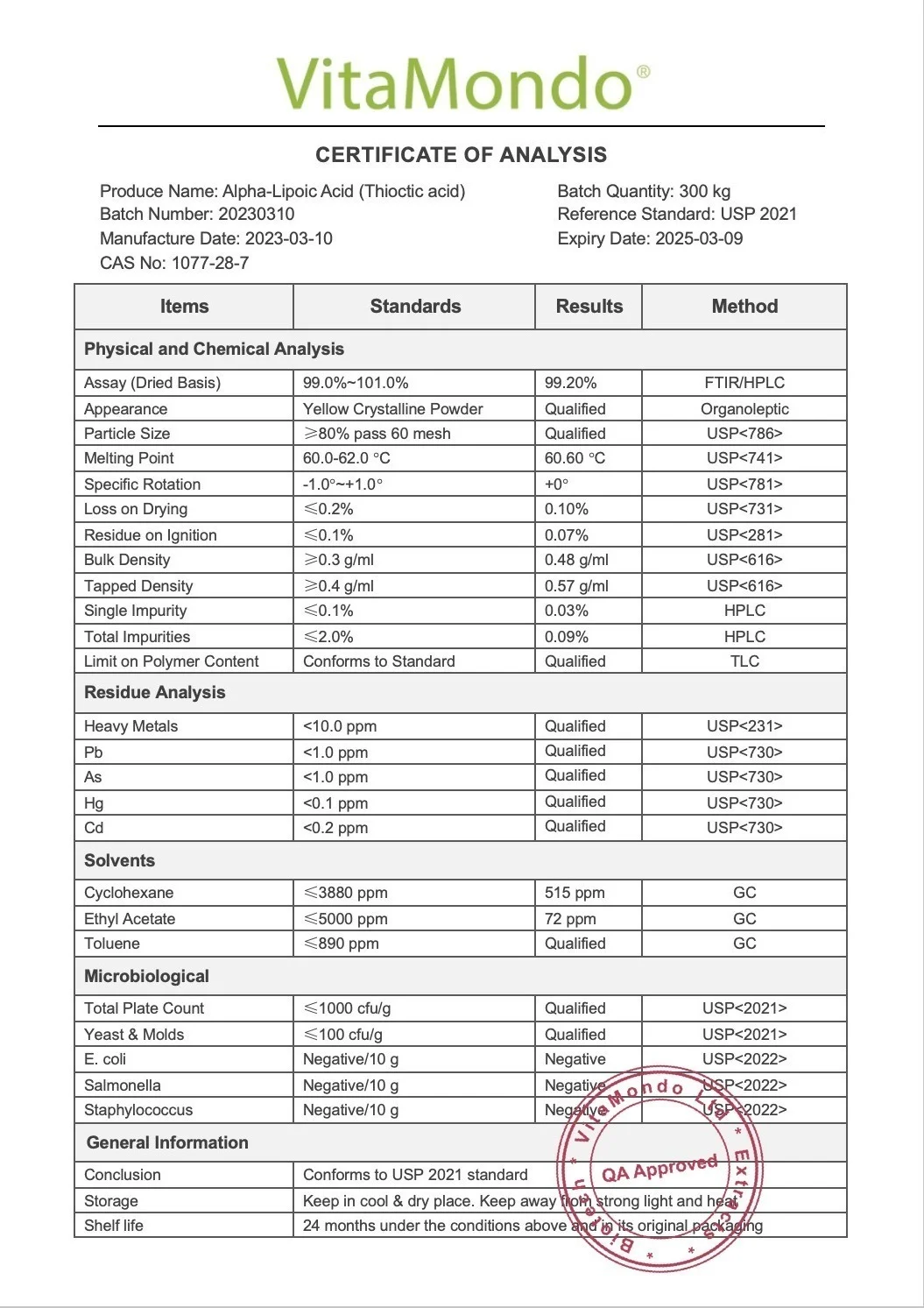
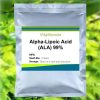
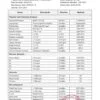
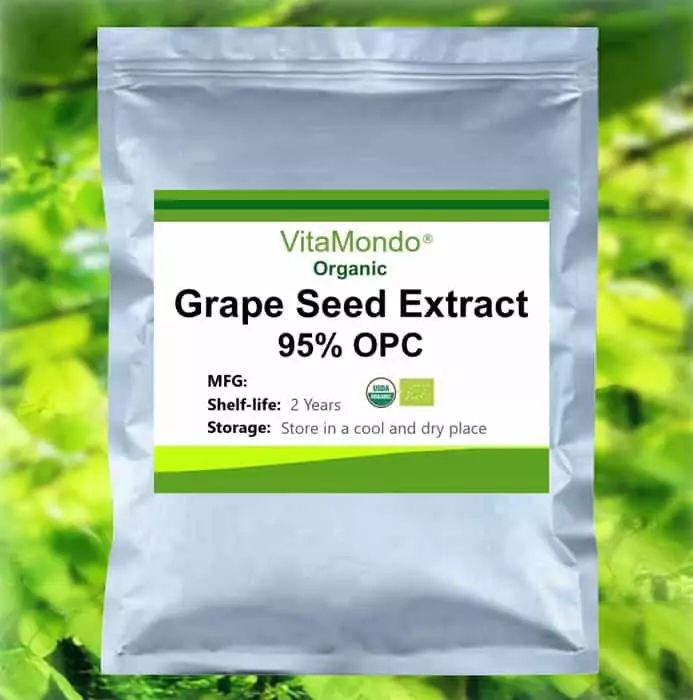
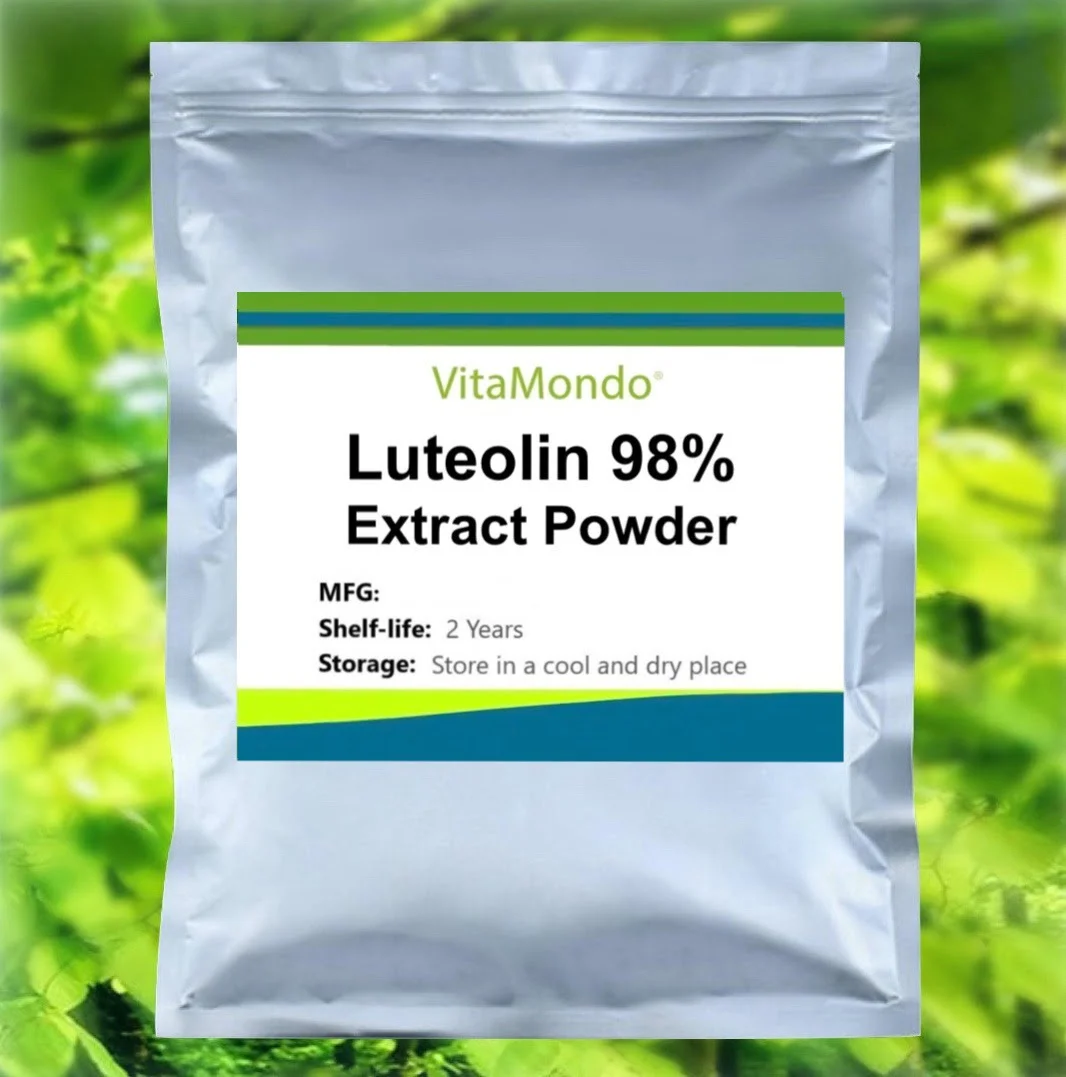
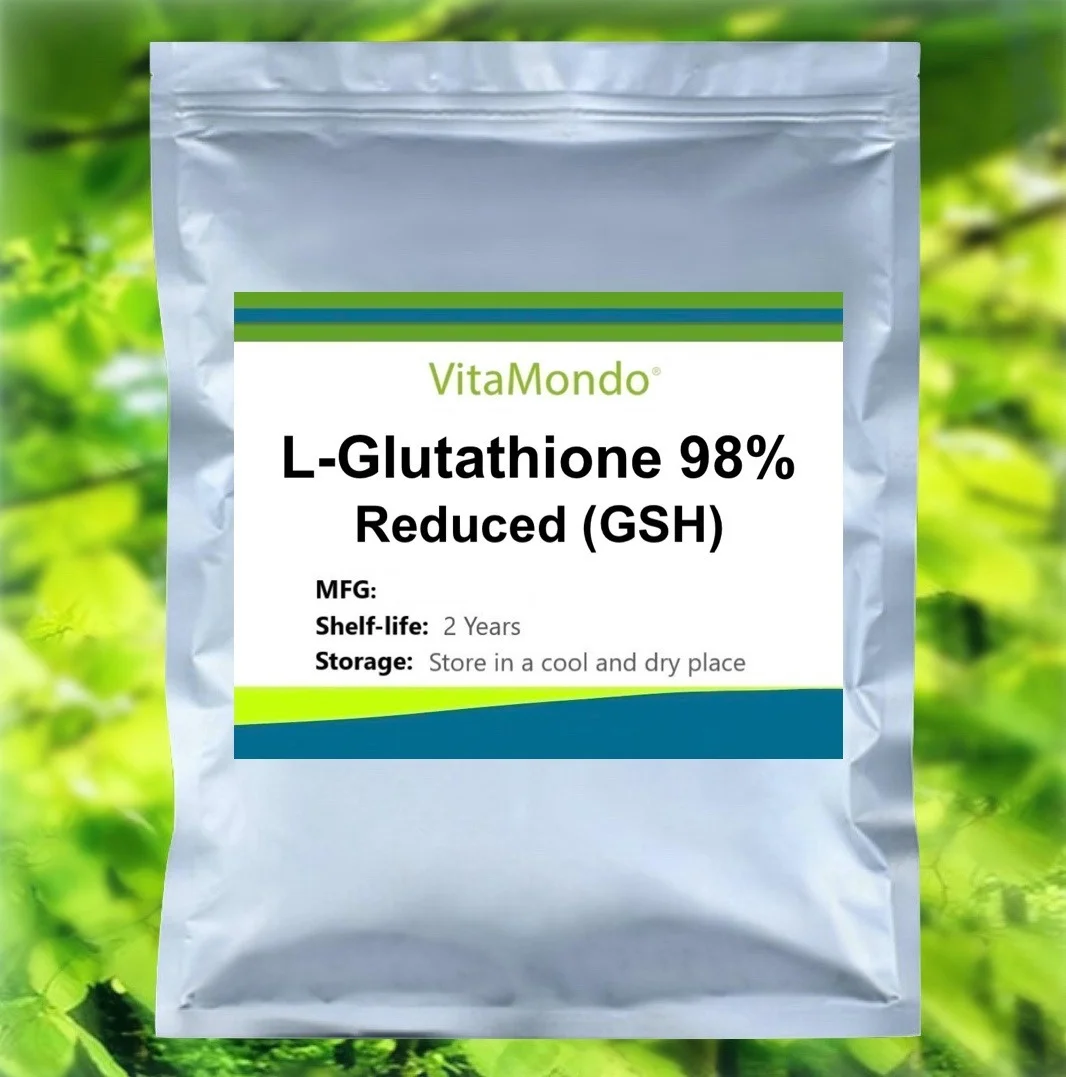
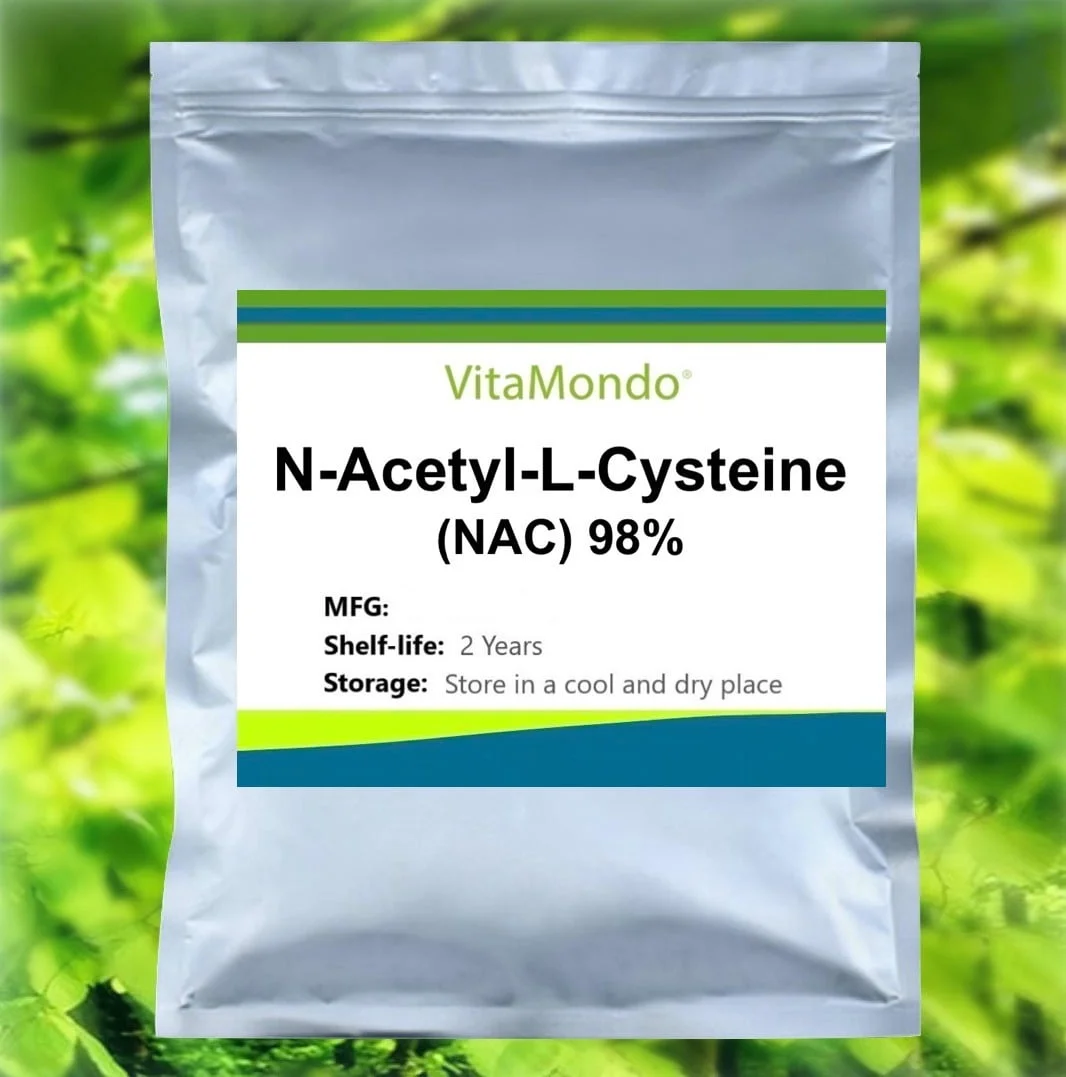
Reviews
There are no reviews yet.